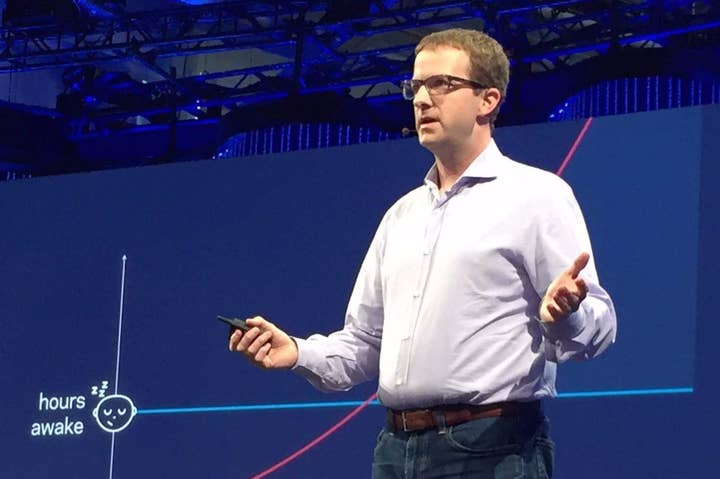Facebook CTO advises "patience" on VR experiences
Touch controllers are an important factor in immersion; AR tech needs more work before it's ready for the consumer
Mike Schroepfer, the CTO of Facebook, has asked those waiting eagerly for VR to show a little patience - the hardware may be out next year, but it won't necessarily be accompanied by the experiences they are imagining.
On the social networking side, Schroepfer said, 360 and 3D video capture is one of the "easy applications" for technology, and is likely to be the first major integration for VR in Facebook. Deeper integrations, however, will probably require the Oculus Touch controllers.
"With the headset without the controllers, you are more limited in what you can do in terms of social engagement," he said in an interview with GeekWire. "With the controllers, you get in there, and you can pick stuff up, give a thumbs up. It's a two-person demo. You're in VR with someone else. But that technology hasn't even shipped to the consumer market yet."
A potential issue facing the nascent market for VR is that Oculus Touch will be sold separately, with an Xbox One gamepad in every box instead. Achieving presence, immersion and the ideal user experiences for VR will almost certainly require a less abstract input device than a standard controller, but in the near-term Facebook and Oculus may have to prioritise different goals.
"The trick with VR is, it's going to be incredible, but everyone is going to have to be a little patient. I think everyone wants it today, including me, but we have a long roadmap for this. We are already planning out the second and third [hardware] generations after the one we're going to ship. It's going to be amazing, but it's just going to take a while for the hardware to get out there, and then to work with third-party developers to build all the experiences, because that's going to be the real long pull."
However, while Facebook sees VR as "ready for the mainstream" over the next 12 months, the augmented reality technology on which Microsoft's HoloLens is based will need more time. VR hardware is now at the point, Schroepfer said, where it can support "really compelling" experiences and be sold at a "reasonable price." With AR, that isn't the case.
"We're really bullish and agree that there's a lot of interesting things you can do with augmented reality. It just requires some more advancements in the core technology to get to the level of experience that we think is good for the average consumer. We're working on that, along with other people.
"There are some really hard problems to solve in fundamental optics, displays, 3D tracking and things like that to make this something that is really compelling for a consumer."









